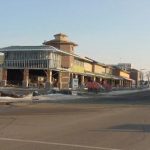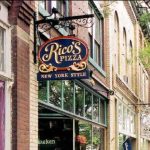Business Retention and Expansion
One of the most effective economic restructuring tools community leaders can offer is a program to assist existing businesses in their efforts to become or remain profitable within the business district. It is typically less costly and time intensive to help retain an existing business than it is to try to recruit a new one. Further, the success of existing businesses helps demonstrate the economic viability of a district. The following retention and expansion steps are based on a recent article by Valecia Crisafulli of the National Main Street Center of the National Trust for Historic Preservation.
Read More...












